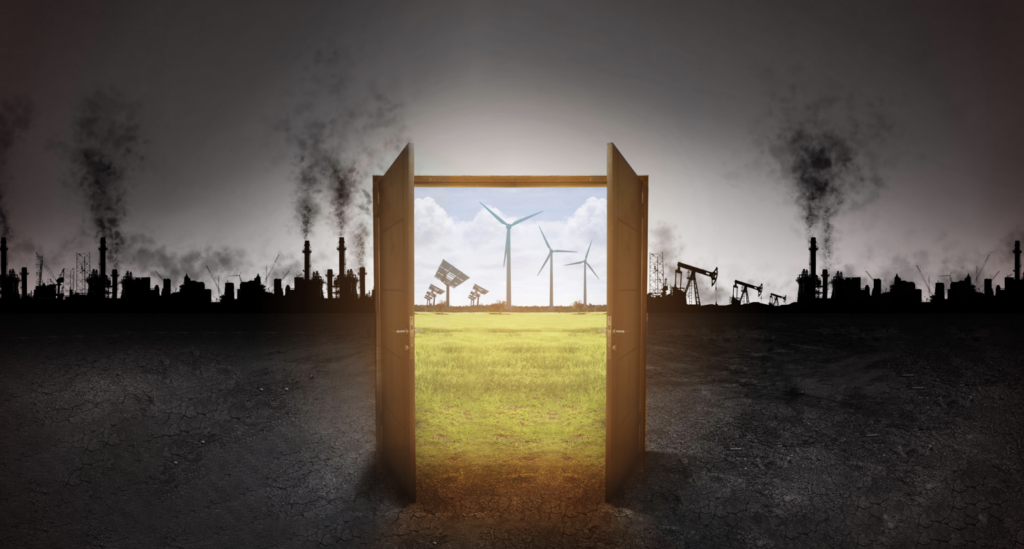CIF Invests $75M to Accelerate Renewable Energy in Costa Rica and Fiji

The governing board of the Climate Investment Funds (CIF) endorsed two wide-ranging investment plans to transform the energy systems of Costa Rica and Fiji and help enable each country’s grid system to absorb and channel more clean power.
Each investment plan represents a first-of-its-kind effort in these countries — channeling $45 million to Costa Rica and $30.51 million to Fiji in highly concessional capital to scale clean energy transmission solutions, enhance the flexibility of energy systems, and finance other efforts to make integrating renewable energy more flexible, cost-efficient, and resilient.
While Costa Rica has high electricity access (99.4%) and electricity generation from renewable sources, the country’s total energy matrix relies heavily on fossil fuels, mainly for transportation and industry. The electrical grid must be enhanced to enable greater flexibility for the growth of new renewable energy sources — and investments are urgently needed to electrify transport. CIF’s concessional funding, together with financing from IDB, IFC, and World Bank, will help Costa Rica modernize the electricity system with smart grids; install charging stations for electric vehicles; and replace industrial combustion equipment with electric equipment. At full implementation, Costa Rica projects to provide more than two-thirds of the country with smart meter coverage; deliver 185 electric buses with charging infrastructure; provide 17,729 tCO2e reduction per year; and reduce service costs by $1.2 million annually.
As a Small Island Developing State, Fiji wants to grow solar generation and has ambitious goals to achieve 100% renewable energy generation by 2036, with net zero annual GHG emissions by 2050. Fiji’s plan, supported by ADB, IFC, and World Bank, will help upgrade transmission lines and power stations throughout the country, create new solar plants on Fiji’s largest island, provide technical assistance on energy grids and systems, and finance the electrification of outer islands — bringing electricity access to rural communities. At full implementation, Fiji plans to increase renewable energy generation capacity by 40MW and provide an additional 91,104MWh of renewable energy output per year by 2026; connect 200,000 people to the grid; provide 7,000 Fijians on the outer islands with more affordable, reliable, and clean energy by 2026; and reduce emissions by 50,000 tCO2e per year by 2026.
CIF’s Renewable Energy Integration (CIF REI) investment program is the only multilateral platform specially designed to help developing countries prepare their national power systems for rapid and scaled adoption of renewables. Brazil and Colombia’s investment plans were approved earlier this year as part of CIF REI. As more variable renewable energy comes online globally, finance is needed to help energy systems prepare for its rapid uptake. It is estimated that infrastructure investments will need to ramp up to $820 billion annually by 2030 to facilitate the decarbonization of power systems.
Related Article: Latin America to Lead the Global Energy Transition Revolution, IEA says
Endorsed by the G7 in 2021, CIF REI is supported by financial pledges from the Netherlands, Switzerland, and the United Kingdom. Building on CIF’s nearly 15-year track record in climate finance mobilization, CIF REI supports grid flexibility measures on both the supply and demand side in four key ways: scaling up renewable energy enabling technologies, enhancing readiness of energy infrastructure for renewables, supporting innovative business models, and improving power system and market design and operations. Approximately 60 developing countries—one-third of the world’s nations—have applied for CIF REI funding.












